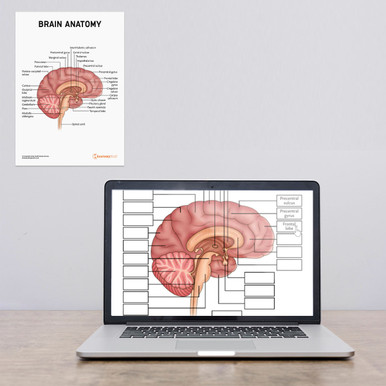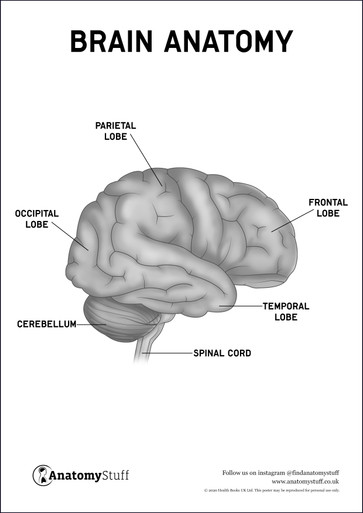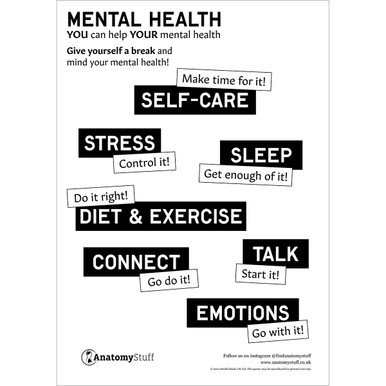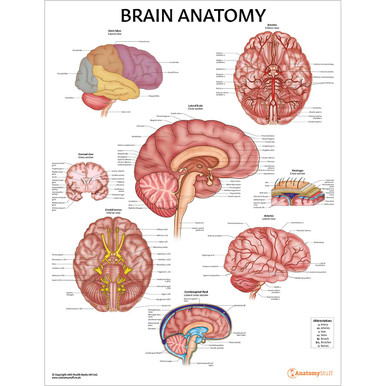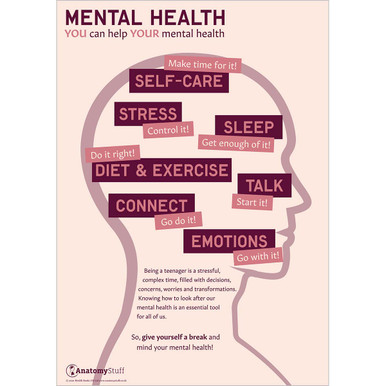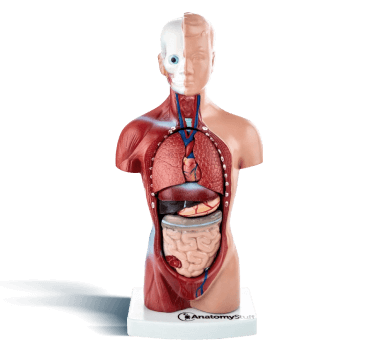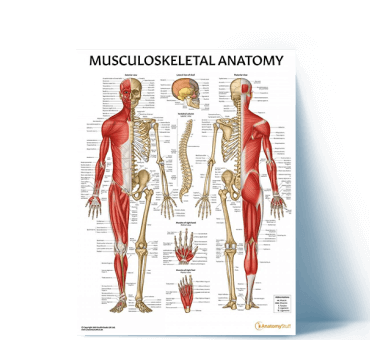ADHD in the U.K. – What You Need to Know
Here in the U.K., ADHD, or attention deficit hyperactivity disorder, is seemingly becoming increasingly common each year and is giving healthcare officials real cause for concern.
ADHD is more common in children, as it is estimated to affect as many as 3 – 5% of U.K. children and 2% of U.K. adults. Furthermore, it is far more common in males than females.
ADHD can make life extremely difficult for not only those that suffer with it but also for those who are around people diagnosed with the condition. The good news is that with a referral from a G.P., ADHD is indeed covered by the NHS.
ADHD, despite being so common, is also one of the most misunderstood health issues in the U.K. and across the globe, which is why we’ve compiled this guide for you today.
Here’s a look at everything you need to know about ADHD.
What is ADHD?
Attention deficit hyperactivity disorder is a neurodevelopmental disorder commonly found in more children than adults.
A diagnosis is usually found during childhood, though the condition can also last into adulthood. This condition affects people’s behaviour and can sometimes result in children being labelled as trouble-makers or disobedient.
We’ll look at the symptoms of ADHD in more detail shortly, but briefly, the condition can cause people to struggle to pay attention, seem restless, easily get distracted, and act on impulse.
Typically, ADHD symptoms are easy to spot, with children usually diagnosed between the ages of 3 and 7. That does not mean that all ADHD cases are diagnosed in childhood, as sometimes adults may be diagnosed.
While ADHD symptoms tend to ease with age, medication may be called for in more serious cases.
ADHD symptoms
ADHD symptoms vary from person to person. Some people may struggle to pay attention and focus, whereas others may find themselves acting recklessly on impulse.
Common ADHD symptoms include the following:
• Trouble concentrating
• Being easily distracted
• Struggling to focus on one task at once
• Being disruptive
• Feeling restless
• Struggling to get organised
• Constantly making mistakes due to a lack of attention
• Exhibiting forgetful behaviour
• Interrupting people
• Having no patience
• Mood swings
• Having a bad temper
• Stress and/or anxiety
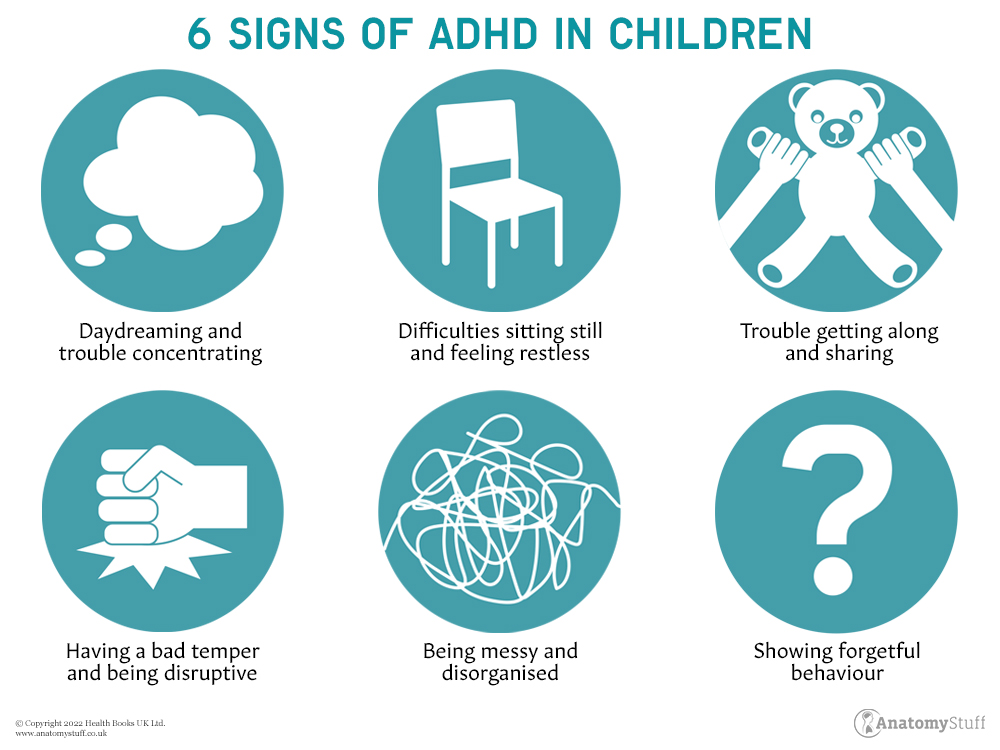
Free PDF Downloads
View AllWhat causes ADHD?
In a perfect world, we’d know exactly what causes ADHD, but sadly that is not the case. In reality, experts are not certain of the causes, though there are plenty of theories.
Brain structure and function
As ADHD is a neurobehavioral disorder, experts believe that brain structure and function play vital roles.
People with ADHD tend to have different brains than those who don’t suffer from the condition. Research has found that some people with ADHD tend to have some parts of the brain that are smaller than people without the condition. Others have larger parts.
Neurotransmitter imbalances within the brain are likely causes. Experts believe that people living with ADHD may have an imbalance of neurotransmitters where these chemicals basically do not function as they should.
Genetics
Genetics is also thought to play a big role in ADHD.
Studies have found that ADHD is likely hereditary and runs in families. That means that if there is a genetic history of ADHD in a family, this will likely be passed down the line.
Studies have shown that both siblings and parents of a person with ADHD are very likely to suffer with ADHD themselves. This does not mean that people with ADHD are guaranteed to pass the condition onto their children because that’s simply not the case.
Head trauma
Some research has also found that significant head trauma, i.e. a head injury, could lead to ADHD, especially in young children who are still developing.
Prematurity
Children who were born prematurely are also more likely to develop ADHD than others.
ADHD treatments
There are numerous treatments available for ADHD that can help to manage the symptoms of the condition.
ADHD treatments here in the U.K. include:
Medication
Medication is one of the most effective ways of managing ADHD.
While these drugs will not cure ADHD, they will certainly help to manage the condition and reduce its severity.
Here in the U.K., there are five types of medication commonly prescribed to treat ADHD, and they are:
• Guanfacine
• Atomoxetine
• Dexamfetamine
• Lisdexamfetamine
• Methylphenidate
Therapy
Some families choose to go via the drug-free treatment route when it comes to ADHD, and others choose to combine medication with therapy.
Therapy such as behaviour therapy, parent training and education programs, cognitive behavioural therapy (CBT), social skills training, and psychoeducation are all great choices when it comes to coping with and managing ADHD.
Diet
There are few things that a good diet can’t fix, and that includes ADHD, at least to a certain extent.
Experts have noticed a direct correlation between diets rich in processed junk food and ADHD. Furthermore, those who consume a healthy and balanced diet while affected with ADHD exhibit far less severe symptoms than those who don’t.
Supplements
As well as following a healthy diet rich in healthy fats, supplements may also help treat and manage ADHD.
Omega-3 and Omega-6 fatty acids could potentially assist with ADHD and reduce the symptoms’ severity. The benefits of these healthy fats on the brain are well-documented, so this does make a lot of sense.
Related products
View All
